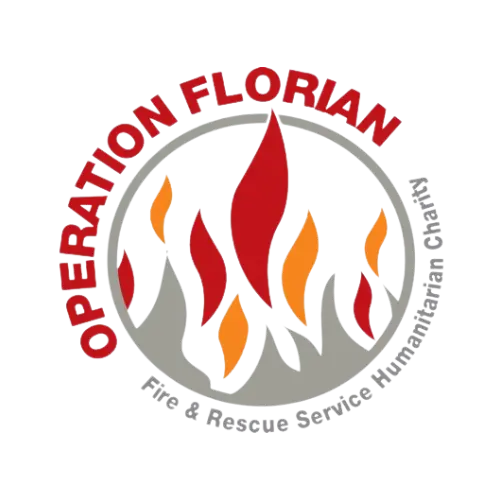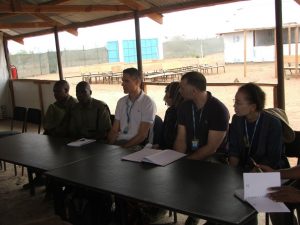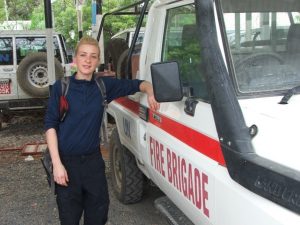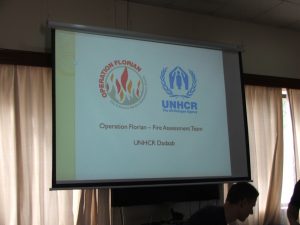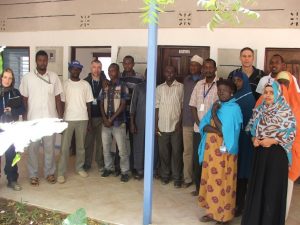Overview
Date: 01/03/2014
Location: Dadaab, Kenya
Objectives
In March 2014, Operation Florian deployed a specialist team to the UNHCR refugee camp in Dadaab, northern Kenya to conduct a fire needs assessment of the fire management systems and framework within the camps. The objective was to improve response and identify more effective prevention and preparedness measures.
project leader
Steve JordanTeam members
George Bryant
Joanne Musgrave
Photos
The project
Garissa, Kenya
In March 2014 Operation Florian deployed a specialist team to the UNHCR refugee camp in Dadaab, northern Kenya which is situated approximately 60km from the Somalian border. The UNHCR camp management team requested expertise from Operation Florian to conduct a fire needs assessment of the fire management systems and framework within the camps with regards to improving response and identifying more effective prevention and preparedness measures.
The refugee camp in Dadaab is now one of the oldest and largest refugee camps in the world with a total population of 450,000 Somalian refugees settled in 5 major camps. Prior to the visit, there had been significant outbreaks of fires within the camps causing significant damage and increasing concern on how to prepare and respond more effectively. Two fires which occurred involved the market in IFO1 camp, estimated to have caused 5.5 million Kenyon shillings of damage and destroying 55 markets stalls. The second major fire occurred in the MSF medical store, in Dagaharley camp, completely destroying an estimated 700,000 euros of medical supplies. Tragically, both fires were left unattended for a number of hours due to a lack of any available specialist response.
The structured itinerary established by UNCHR Field Security Officer Michael Makova enabled the team to visit all the camps and meet camp elders, community peace and protection team members and other key camp, UNHCR and NGO leaders. Being able to conduct field research provided the team with a unique opportunity to understand the challenges, issues and local experiences. Critical to all of the field assessment was the opportunity for community leaders to offer the team their own insight to what possible solutions could be offered, not just in terms of providing response but how planning, education and other prevention initiatives if supported could have a real impact in saving lives and reducing the potential for fire damage.
A further challenge during the assessment was the security of personnel at all times which was expertly managed by the UNHCR security team.
The commitment and courage of residents within the camp to recognise the challenges and dangers they face and seek their own solutions was outstanding.
At the end of the week the team presented their initial findings and recommendations to all heads of NGO’s and UNHCR management and a final report was sent.
Special thanks
Operation Florian are extremely grateful to all supporters of this project. Without your assistance these projects would not be possible. You have helped to save lives and improve community safety:
Massive thanks to all of the UNHCR staff, NGO staff in particular Andrew Burridge (Centre for Victims of Torture), camp elders, CPPT team members and other residents for making the team welcome, safe and offering an important insight into the issues that affect them all to enable such a comprehensive assessment to be completed.
